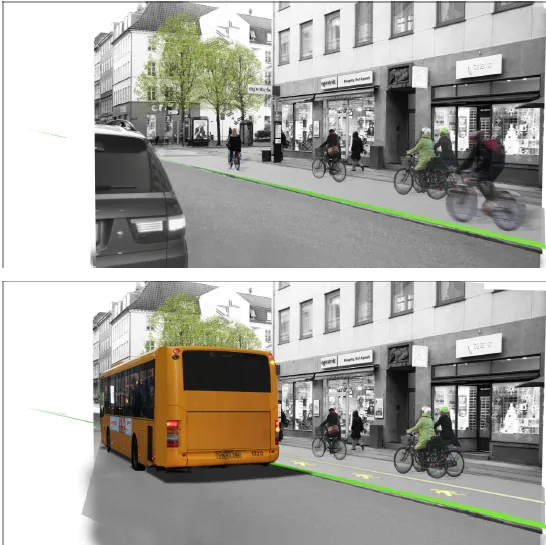In South Africa a baboon has paid the ultimate price for its thieving habits. The animal was caught by trappers and given a lethal injection. The animal's crime, or repeated crime, was to open the doors of cars at the game park where it lived, and steal items from unwary tourists. The baboon was caught on camera in the act of breaking into one vehicle during last year by British tourists and became an unlikely Robin Hood figure, stealing from the rich (tourists) to give to the poor (itself and its troop). T
February 22, 2012
Read time: 2 mins

In South Africa a baboon has paid the ultimate price for its thieving habits. The animal was caught by trappers and given a lethal injection. The animal's crime, or repeated crime, was to open the doors of cars at the game park where it lived, and steal items from unwary tourists. The baboon was caught on camera in the act of breaking into one vehicle during last year by British tourists and became an unlikely Robin Hood figure, stealing from the rich (tourists) to give to the poor (itself and its troop). This story had no happy ending however as the animal had traumatised some of its victims and game park officials felt they had no alternative to catching the animal and killing it. Officials blamed human visitors for the animal's descent into a life of crime as it had been fed illegally. It remains to be seen whether other baboons will follow in its criminal path as it did teach its tricks to other members of the troop.







